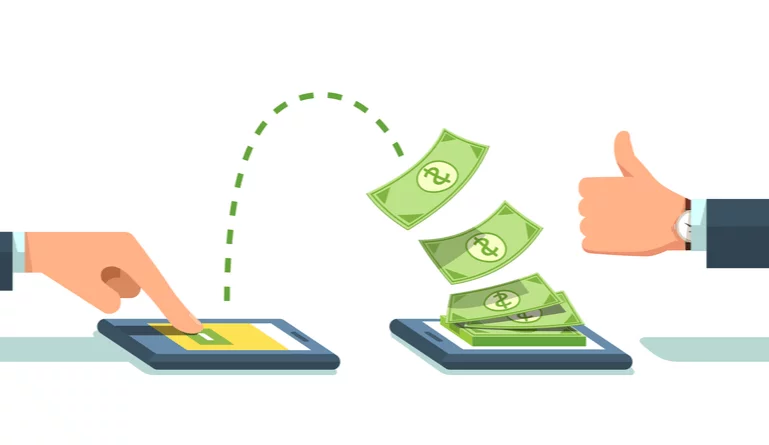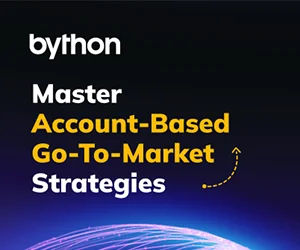All modern businesses rely on IoT (Internet of Things) devices to get things done. The use of technology has become a necessity in modern business, and for good reason. Technology allows us to automate most of the ordeals that businesses have had to go through for centuries.
All businesses need consistent profits to survive. Statistics show that over $4.1 trillion was transferred through digital means(1) globally in 2019 alone. Since payments are now being done digitally, it makes sense to try to automate this process to speed things up. Payment automation itself is a concept that is used for this very purpose. Here is everything you may need to know about payment automation:
Why Do Businesses Need Payment Automation?
Payment automation isn’t only the automation for face-value payments. It also covers automating the process of making checks, ACH, virtual cards, and wiring all sorts of payments as well. Unlike what its name suggests, payment automation isn’t just a process, it is a complete system.
Studies show that half of the world’s population will shift to a completely digital wallet(2) by 2024. Another study shows that global cash transactions had fallen from 89% to only 77%(3) between 2013 to 2018. Since all businesses will have to eventually shift to a digital process, payment automation will help considerably improve the workflow.
Here are some other facts:
-
Seamless integration:
Payment automation can sit on top of your business’s current payment implementation and let you transition whenever your business is ready.
-
Risk reduction:
Back in 2018, more than 82% of businesses were victims of payment fraud(4). Businesses should find it to be more important than ever to implement a system such as a payment automation system to stay safe.
-
Earn rebate:
With a good system for payment automation, your business gets rebates on multiple modes of payment such as virtual cards, premium ACH and so on.
-
Mature tools:
Modern payment automation tools are very mature and can completely replace humans. With the power of AI and dynamic learning algorithms, you can even make payment automation systems that mature with your business and learn automatically.
How Does Payment Automation Work?
Payment automation works quite simply: it involves implementing methods for processing multiple ranges of data and making sure correct payments are being sent in the correct amount to customers, vendors, and other involved parties such as insurance companies.
Here is a small breakthrough of the processes involved in payment automation:
-
Data Analysis
The first step of any digital system involves carefully analyzing what it is that needs to be automated. This step is where all the data related to the current payment system is gathered. This is also where businesses collect information regarding their partners & parties involved in the payment process.
-
Converting data into useful information
After gathering data related to both the current payment system as well as information on related parties, the next step involves converting this data into useful information. This is the step where a programmer or an IT expert starts getting involved. They must convert all data into useful information that can then be coded.
-
Developing an automation system
This is perhaps the biggest and most time-taking step of the process. The IT expert or programmer must now develop a payment automation system using some programming tools. The payment automation system is unique to each business but follows a certain set of rules. For example, payment must be sent to the correct vendor. All payments from customers must be received with their full relevant information so there is a problem in the future. There should be a ticketing system to take care of any payment-related problems. In some businesses, this payment automation system should even be scalable.
-
Implementing the system
After the programmer is done developing the system, it is up to the organization to implement the system in their environment. It is a good practice to test the system in a closed environment before implementation though, to ensure that the system works properly.
( Also Read: How Payments Automation Can Boost Business Efficiency )
Advantages of Using Payment Automation
Here are a few of the many advantages of using a payment automation system for your business:
-
Faster processing
The average human can only process so much information at once. Computer systems have no such flaw and can work all the time. By delegating the payment process to the computer system, you get faster processing times & a more consistent experience.
-
Reduced cost in the long run
Instead of paying an employee or multiple employees to handle the payment system, businesses now have a robust solution that can work without pay. In the long run, the running of the automated system far outweighs the initial cost of developing it.
-
Better customer experience
Since there are no human emotions or inconsistencies involved, the payment process is seamless. This means that customers get a considerably more consistent experience. Another part that contributes to this is the fact that the transaction cost is generally reduced in an automated system as compared to a human employee.
-
Fraud protection
Payment fraud has always been a fatal problem within businesses. Employees embezzling, wrongfully charging a customer, or trying to scam a business has become very common. A good automated system makes it considerably harder for fraud to happen because the payment system is secured between the customer and the business system. Every single transaction is listed and stored on a database, which makes it easy to track all payments too.
-
A more perfect system
Human employees are bound to make mistakes because we are wired this way. However, an automated payment system is less likely to make any errors, unlike popular opinion. Not only do errors drastically consume valuable company and customer time, but they also hurt supplier/vendor relationships and make it hard for businesses to succeed.
-
Flexible
A good automated system is very flexible and can allow businesses to change the prices of products dynamically. They also allow businesses to have discounts and deals that entice even more customers.
-
Better relationship & increased satisfaction
An automated system means lower chances of error, faster payments & a more consistent experience. All of this contributes to the vendor & customer’s opinion of you. In other words, good payment automation leads to better relationships & increased satisfaction.
Is Payment Automation For My Business?
More than 71% of AP departments have automated(5) in 2020. Even though there are a lot of advantages to payment automation, it isn’t for every business. Here are a few things to know:
- Upfront cost – Depending on the implementation, the upfront cost of an automated system may not be for every business.
- Handling problems – You will still need to hire an IT professional to maintain the automated system and to ensure nothing goes wrong. This could become costly to some businesses too.
If you think your business can handle these two problems, payment automation is probably for you.
Final Thought
Payment automation is the future of payment systems for all businesses. So long as you can afford the upfront cost of the system, all businesses indefinitely benefit from having an effective and powerful payment automation system. Studies even suggest that automation helps businesses focus on customers(6), which is always a good thing.





